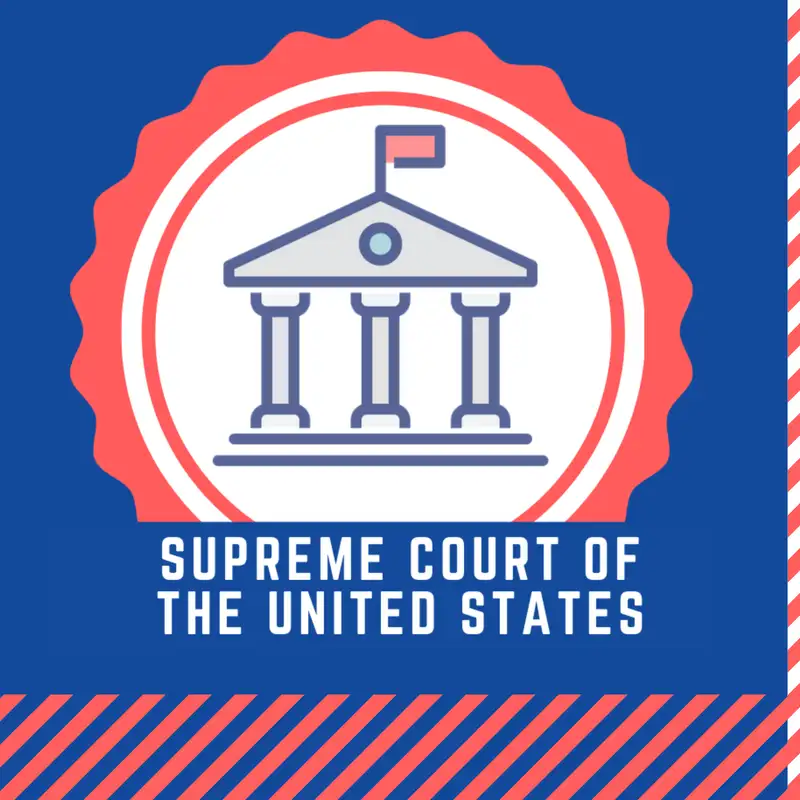Case: 18-1584 United States Forest Service v. Cowpasture River Preservation Ass'n (2020-Feb-24)
Case: 18-1584 U.S. FOREST SERVICE V. COWPASTURE RIVER ASSN
QUESTION PRESENTED:
The Appalachian National Scenic Trail (Appalachian Trail) is more than 2000 miles long, extending from Maine to Georgia, with approximately 1000 miles of the Trail crossing through lands within national forests. The National Trails System Act provides that the Appalachian Trail "shall be administered primarily as a footpath by the Secretary of the Interior," 16 U.S.C. 1244(a)(l), and clarifies that "[n]othing contained in [the Act] shall be deemed to transfer among Federal agencies any management responsibilities established under any other law for federally administered lands," 16 U.S.C. 1246(a)(l)(A). Under the Mineral Leasing Act, 30 U.S.C. 181 et seq., the United States Forest Service (Forest Service) has authority to grant certain rights-of-way through lands in the National Forest System, but no federal agency has authority under that statute to grant equivalent rights-of-way through lands in the National Park System. See 30 U.S.C. 185. The question presented is:
Whether the Forest Service has authority to grant rights-of-way under the Mineral Leasing Act through lands traversed by the Appalachian Trail within national forests.
Case: 18-1587 ATLANTIC COAST PIPELINE, LLC V. COWPASTURE RIVER ASSN.
QUESTION PRESENTED:
The Mineral Leasing Act ("MLA'') authorizes federal agencies to grant pipeline rights-of-way over federal lands within their jurisdiction. Exercising that authority, the U.S. Forest Service granted Atlantic Coast Pipeline a right-of-way to cross small portions of the George Washington National Forest, including a 0.1-mile stretch that is approximately 700 feet beneath, and without surface impacts to, the Appalachian National Scenic Trail. While more than 50 pipelines presently cross under that footpath pursuant to similar rights-of-way, the Fourth Circuit concluded in the decision below that the Forest Service-indeed, every federal agency-lacks the power to grant rights-of-way to cross beneath the Trail pursuant to the MLA, rendering the footpath a 2,200-mile barrier separating resource-rich areas to its west from consumers to its east. The court reached that result by deeming more than 1,000 miles of land traversed by the Trail under the control of various federal, state and private entities instead to be considered lands in the National Park System, which, unlike other federal lands, are not subject to rights-of-way under the MLA. In doing so, the court not only rejected the federal government's long- settled views, but has called into question dozens of existing rightsof-way under the Trail and upset petitioner's massive investments in a pipeline designed to get natural gas to Virginia and North Carolina for the benefit of millions of people.
The question presented is:
Whether the Forest Service has the authority under the MLA and National Trails System Act to grant rights-of-way through national forest lands that the Appalachian Trail traverses.
